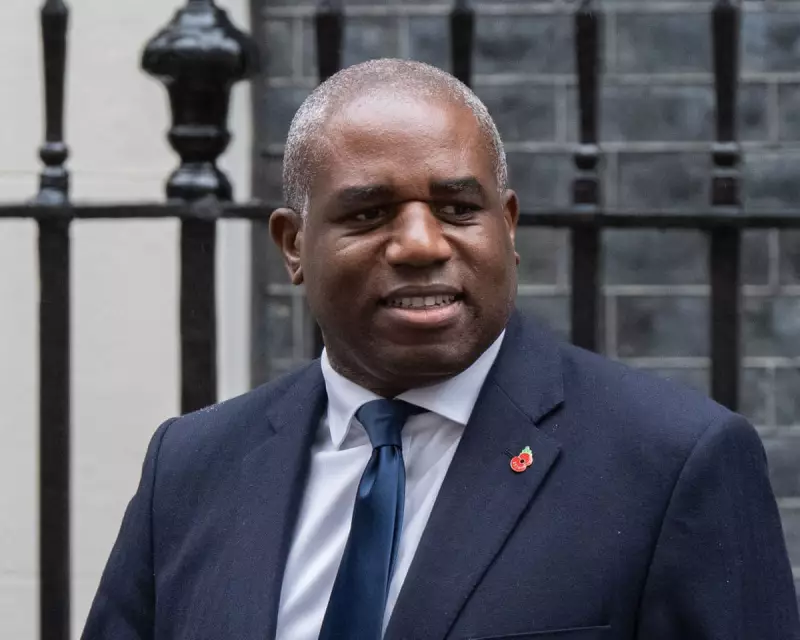
Westminster witnessed political fireworks today as Foreign Secretary David Lammy stood in for the Prime Minister at PMQs, facing intense scrutiny from MPs across the chamber. The session revealed growing tensions over the government's proposed changes to the UK's tax infrastructure.
Tax System Overhaul Takes Centre Stage
Chancellor Rachel Reeves finds herself at the heart of the political storm as her department pushes forward with what's being described as the most significant tax system reforms in decades. The proposals have sparked heated debate both within Parliament and among economic commentators.
During the lively exchange, Lammy defended the government's position, stating that "the current system is not fit for purpose and requires fundamental restructuring to support working families and stimulate economic growth."
Opposition Mounts Against Reforms
Conservative MPs launched a coordinated attack on the proposals, questioning both the timing and substance of the planned changes. Several backbenchers expressed concerns about the potential impact on small businesses and middle-income earners.
Key concerns raised during the session included:
- The speed of implementation for such significant changes
- Lack of detailed economic impact assessments
- Potential effects on international competitiveness
- Administrative burden on HMRC and businesses
Government Defends Ambitious Timeline
Despite the criticism, government ministers remain steadfast in their commitment to delivering the reforms. Treasury sources suggest that Reeves is determined to push through the changes before the next budget, arguing that delay would only prolong economic uncertainty.
The political drama unfolded against a backdrop of increasing pressure on the Labour government to deliver on its economic promises. With opinion polls showing mixed public reaction to the proposed tax changes, today's PMQs session highlighted the high-stakes nature of this political battle.
Political analysts suggest that the success or failure of these tax reforms could define the government's economic credibility for years to come. As the debate continues, all eyes remain on Westminster for the next development in this unfolding political saga.





